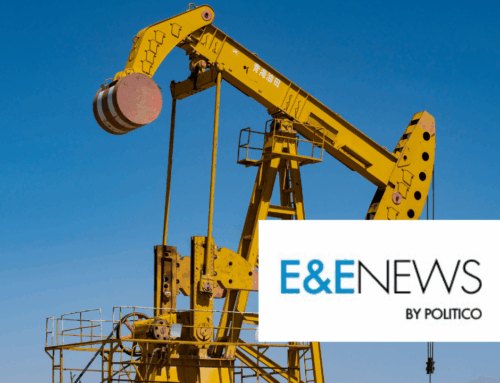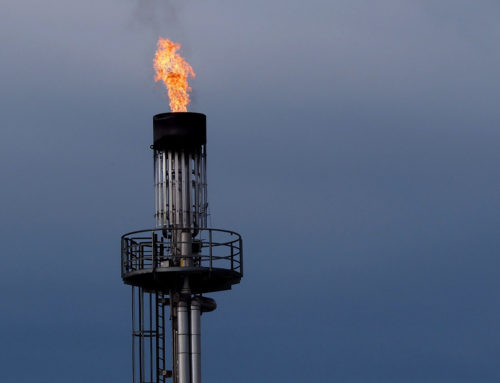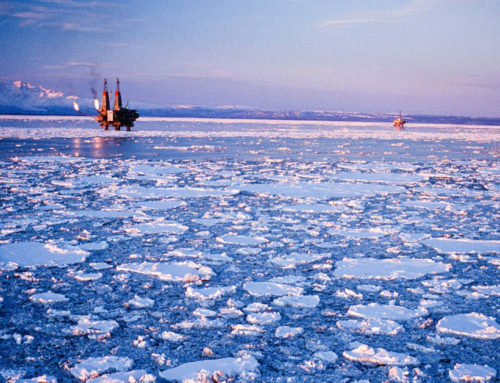Congress is on the verge of laying waste to the methane waste rule.
This would be doubly bad for taxpayers because royalty payments they are owed would go up in smoke, and absent future Congressional action, no similar rule to protect taxpayers could be issued in the future.
In 2014, we released a report called “Burning Money” that investigated the problem of venting and flaring of natural gas from public lands. We used the Freedom of Information Act to obtain industry-reported data on gas production and sales from the Bureau of Land Management (BLM), and found that a lot of natural gas was simply going up in smoke. Gas that would normally be sold, with a portion of the sale flowing back to taxpayers in the form of royalties. Hundreds of millions of dollars’ worth of gas is lost every year.
That work helped inform BLM’s work on a new methane waste rule that was issued last year, after an exhaustive, five-year process. We were pleased to see it completed because it meant that more gas would be captured and sold (instead of wasted), which means taxpayers would actually receive payment for these resources extracted from public lands. Earlier this month, the House of Representatives voted to scrap the new rule in its entirety using the Congressional Review Act. Lawmakers apparently did this because they believed parts of the rule stepped into air quality issues – the territory of the Environmental Protection Agency. But axing the whole enchilada ignores large swaths of the rule targeted at capturing fair return for taxpayers—not our air. Now the Senate may take up the measure, and if it passes it, the BLM may be out of the business of limiting this kind of waste for good. That would be a disaster.
The BLM, and only the BLM, is charged with setting and collecting royalties for the extraction of natural resources from federal lands. Revenue from these royalties are one of the largest non-tax sources of revenue for the federal government. And they are split evenly with the states where the drilling takes place. If Congress repeals BLM’s methane waste rule, the agency would be prohibited from issuing any rule that is “substantially the same” unless Congress passes legislation giving it permission again. Not likely, at least anytime soon.
The main problem with Congress repealing the new rule is that it will leave a black hole in the management of federal lands for oil and gas drilling. There are no formal rules on the books for wasting gas. The old rules are from a little known notice to leaseholders which is basically a heads-up from the BLM. This six page note written in 1979 would effectively become permanent if Congress repeals the new rule.
At the same time, litigation brought by the oil and gas industry as well as several states against the rule is proceeding. The question before the court is whether or not the BLM has overstepped its authority. If the court believes it has, it will strike down those portions of the rule or the entire rule. And regardless of what the court does, the BLM under the Trump Administration can certainly revise this rule to its liking. The most controversial provisions of the rule don’t take effect for another year and then are phased-in over time. The BLM could complete an entirely new rulemaking before they even go into effect.
Unfortunately, the rule is getting wrapped up in the mad rush to take down regulatory relics of the Obama Administration. But in the case of the methane waste rule, senators should step back and look at other ways to voice their concerns. Axing the rule entirely lays waste to taxpayers. Reforming the rule would reduce waste and is the only way to ensure taxpayers get what they are due.










